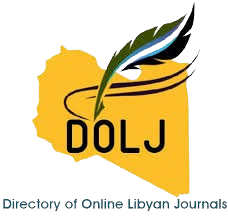Phytoremediation Treatment of drilling cutts contaminated with petroleum hydrocarbons using Bermuda grass (Cynodon dactylon)
DOI:
https://doi.org/10.26629/485k4b51الكلمات المفتاحية:
Phytoremediation، Bermuda grass TPHs، contamination Biomassالملخص
Phytoremediation of drilling waste contaminated soils was tested using a native Bermuda grass species. A glasshouse experiment evaluated the ability of grass to survive, degradation of petroleum hydrocarbons in contaminated soils. In this study, Bermuda grass was planted in soil comprising different ratios of soil: waste to examine the effect of petroleum hydrocarbons concentrations. Biomass measurements including shoot biomass, grass height, leaf area, roots height and density were made, in addition to testing for any TPHs contamination, and the role of microorganisms and enzymes in the dissipation of petroleum hydrocarbons. This research suggested that Bermuda grass is a useful species for phytoremediation of soils contaminated by drilling waste. Bermuda grass also is shown to have the potential to remediate soils contaminated by petroleum hydrocarbons when the contamination level below 7350 mg kg-1 TOC. The grass offers an environmentally-friendly, cost-effective waste management option for some sites despite requiring a longer time. Results from this study are helpful for further field phytoremediation studies.










